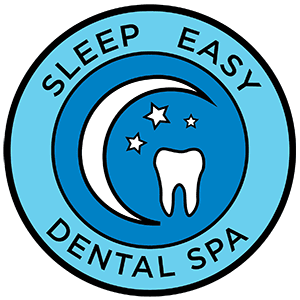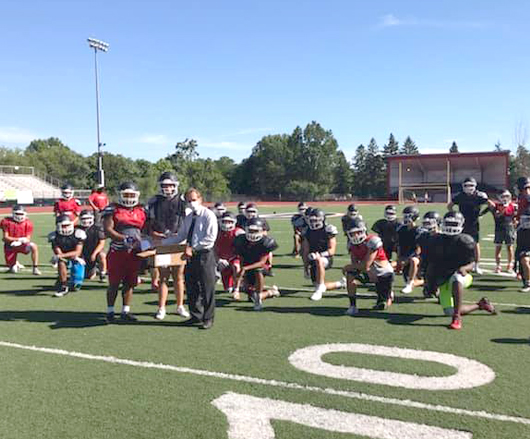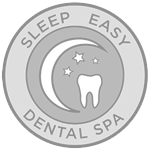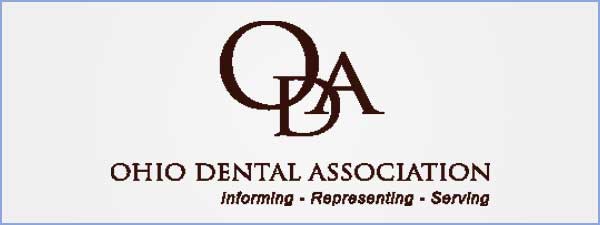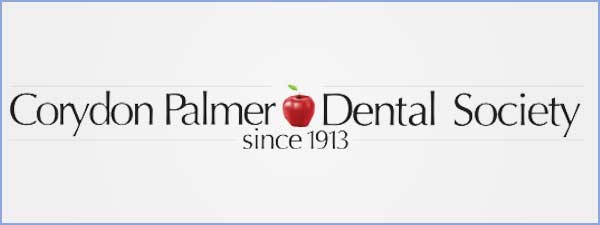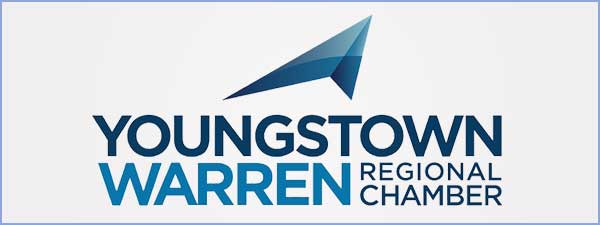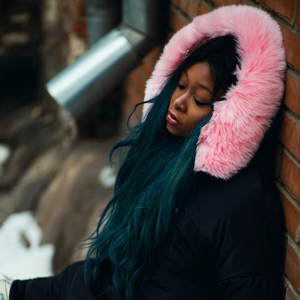
You probably already know how difficult it can be to live with sleep apnea if you are one of the 22 million people in the United States with this condition. But were you aware that the cold months may cause your sleep apnea to become more severe? Here is all you need to know about why your sleep apnea could start acting up when the temperatures drop so that you can be prepared. In our previous blog, we have explained 5 signs and symptoms you need to visit a sleep center in Hudson. Read along to know the causes and consequences of sleep apnea in wintertime.
A Closer Look at Sleep Apnea Doctors in Hudson:
According to Dr. Charles R. Verbanic from Sleep Easy Dental Spa, an advanced dental sleep treatment center, if you're unsure whether you have sleep apnea, there are a few key symptoms to look out for. First, do you snore loudly? Even after a full night's sleep, do you feel tired during the day? Do you sometimes wake up feeling short of breath? If you said "yes," it's worth visiting a sleep center in Hudson to confirm correctly.
It is recommended to visit an advanced dental sleep treatment center. They might suggest that you see a sleep specialist for more tests. Once diagnosed, the sleep center in Niles has a few different treatment options.
A CPAP or Continuous positive airway pressure therapy is the most common, which involves wearing a mask over your nose and mouth while you sleep. Other potential treatments include mouthpieces or surgery. You can get more options according to your need at any sleep clinic in Hudson.
Why Does Sleep Apnea Get Worse in the Winter?
Sleep apnea doctors in Hudson explain some potential triggers that could worsen your sleep apnea symptoms throughout the winter months.
- People have a greater propensity to put on weight throughout the winter, which is the most significant risk factor for sleep apnea.
- Breathing in dry air might make your airway more susceptible to collapse, which can aggravate sleep apnea symptoms.
- The winter season is associated with an increased risk of catching a cold or suffering from allergies, both of which can aggravate sleep apnea symptoms.
Conclusion:
If you suffer from sleep apnea, be prepared for your symptoms to potentially worsen this winter. However, thanks to the help of sleep study near you in Hudson; there are treatments available that can help ease your symptoms. If you feel you have sleep apnea, visit our sleep care solutions to know whether CPAP therapy or another treatment option may be right for you.
